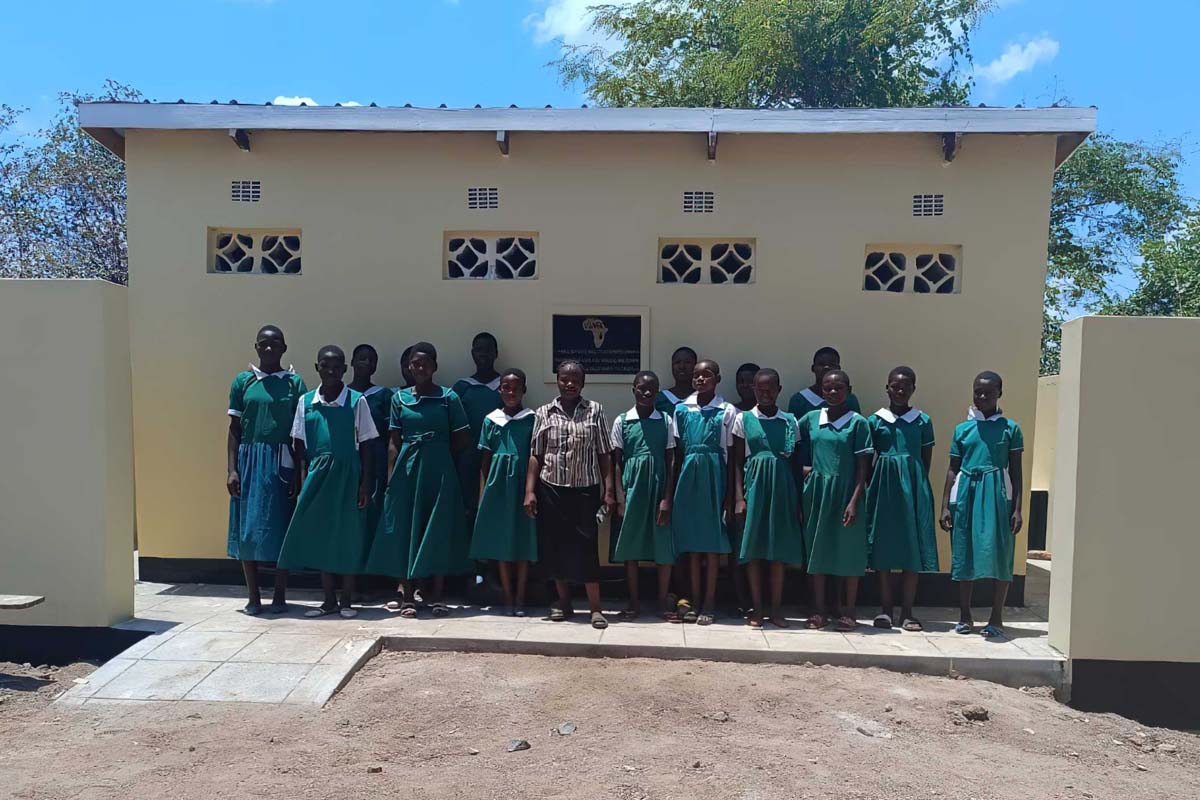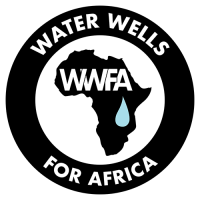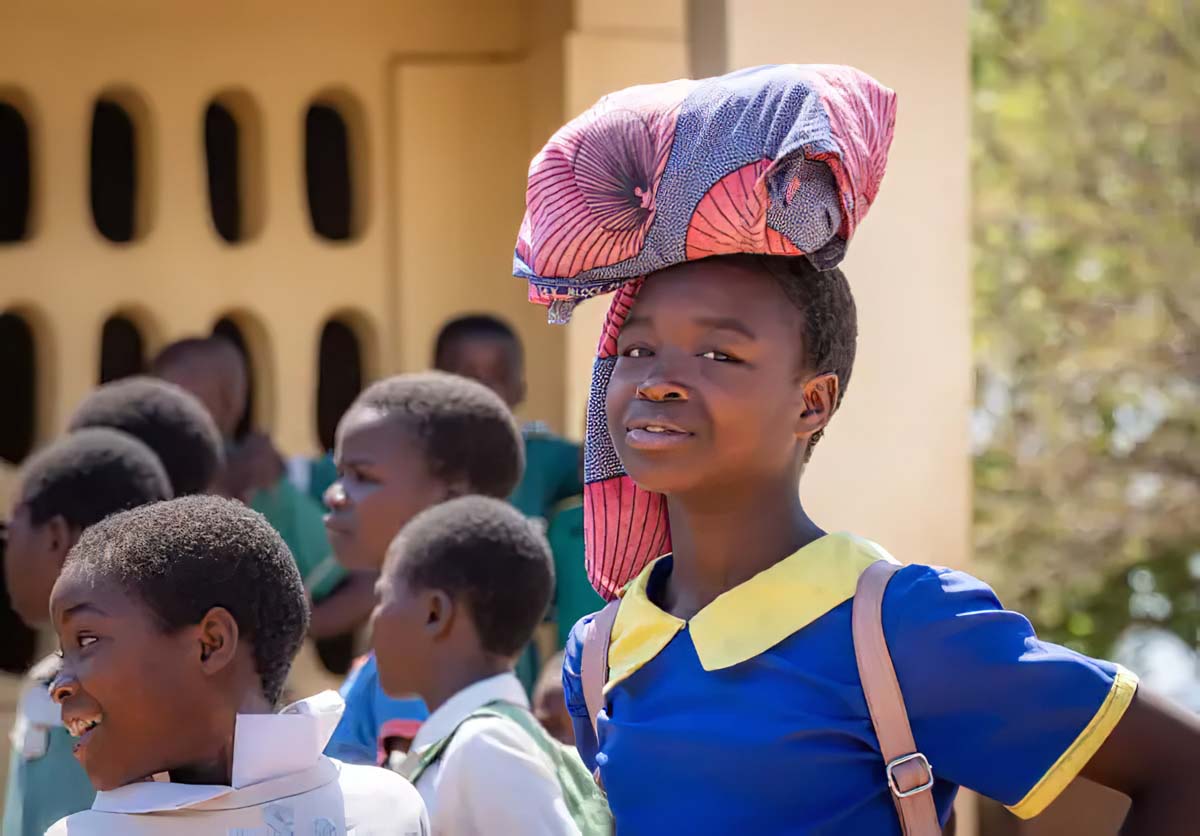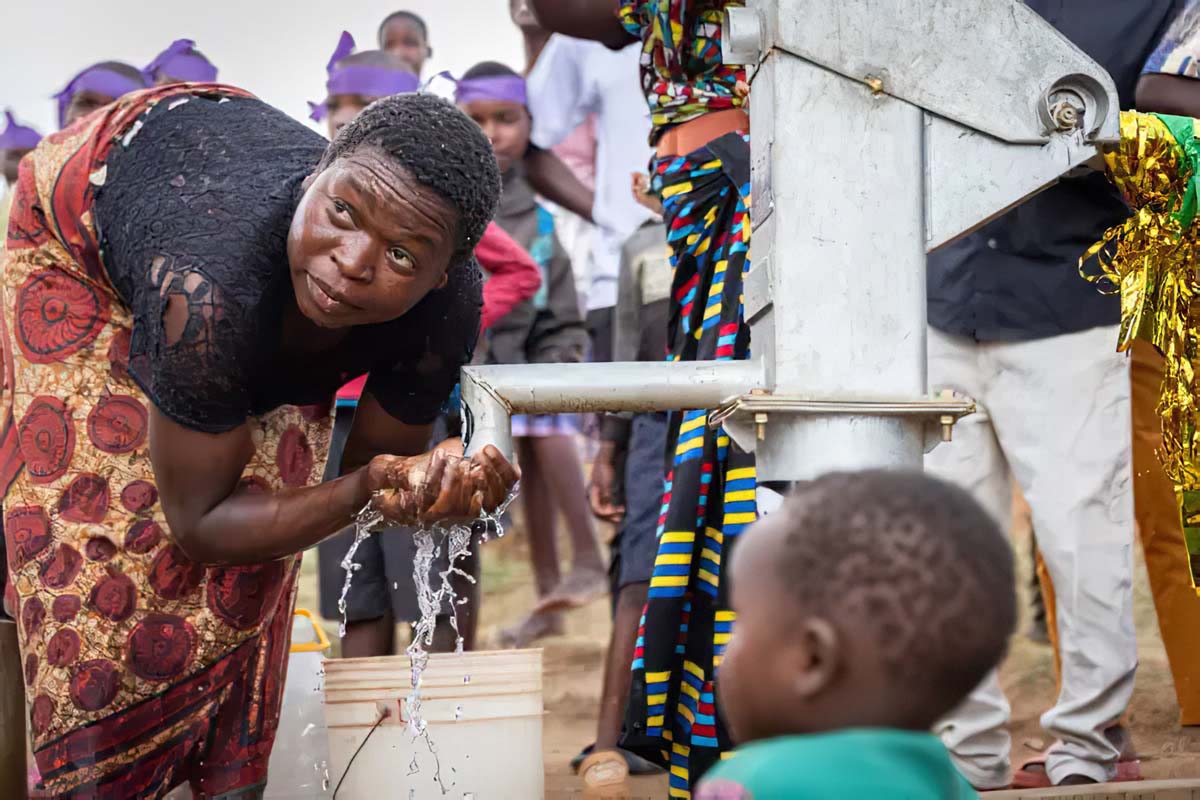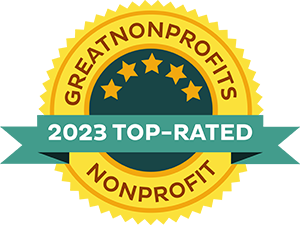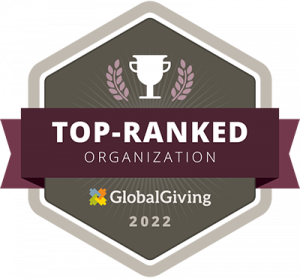After our first Blossom Changing Room was complete, we were fortunate to get coverage by the multi-media news outlet Epoch Times.
The article does a great job of sharing the impact these buildings dedicated to girls are having.
Remote African Schools Now Thriving Due to Efforts by SoCal Nonprofit
‘With the installation of the water well in May 2022 and the hygiene center there has been a major increase in our female student enrollments …’
MANGOCHI, Malawi—At a village one hour from the nearest paved road, girls wearing green school uniform dresses at the Nanyanje School smiled as they posed for a photograph in front of a freshly constructed building that will serve as a private hygiene center for the school’s female students.
“We were already seeing an increase in students even when the idea of private hygiene centers for the girls began to spread around the villages,” Headmaster Shadrach Chibondo Moses, told The Epoch Times. “Now with a water well and the Blossom hygiene facility, we have hundreds more students that are now enrolled, many … new female students.”
Since the completion of the hygiene center in June, there are now 460 female students at the school, nearly double the enrollment since the end of the coronavirus pandemic.
Help Begins With Water
The Southern California-based nonprofit, Water Wells for Africa, has been constructing water wells throughout rural Malawi since 1996.
For its president, Kurt Dahlin, the bricks mean students and villagers now not only have safe water but the ability to build infrastructure in Malawi. What’s known as “The Warm Heart of Africa,” the area has consistently been listed, by the United Nations for the last decade, as one of the most impoverished countries in the world.
“There can be no community development out here without having access to clean water first,” Mr. Dahlin told The Epoch Times.
According to Mr. Dahlin, 120,000 bricks were made using water from the well to build the new hygiene center.
“They will soon be used for teacher housing, offices, and new restrooms for the students,” he said.
In Malawian culture, women and young girls bear the responsibility of getting their family’s water supply. According to the nonprofit, many unwanted pregnancies caused by rape have occurred while young girls travel long distances from home to fetch water. Husbands beat their wives for being gone too long.
That has all ended with the water.
“When a well is installed, it even fights human trafficking, domestic violence and ends child prostitution due to the fact that it eliminates long treks in the dark where the majority of these abuses occur,” Mr. Dahlin said. “We are so happy about this because each well creates a long-term positive impact on the family and community in every possible way.”
According to Mr. Dahlin, clean water is the first step out of poverty, and that those without access to it should have it first.
Each water well that is installed by the nonprofit can serve up to 2,000 people and meet their basic daily water needs.
Aside from drinking, cooking, and for hygiene and bathing, the water wells also provide the ability to create infrastructure and agriculture projects, giving villagers opportunities to generate income.
With a lifespan of over two decades, earlier water well projects by the non-profit continue to be fully functioning serving their communities.
“Before these water wells, villages and schools were full of sickness, and disease,” Mr. Dahlin said.
And under what the nonprofit calls “The Blossom Project,” the hygiene facilities “will give the girls the privacy and dignity they need to continue their classes,” he said.
To read full the article on the Epoch Times website, please see the link below. In order to read the article on their website, you’ll either need to share your email address or use a subscription.
Remote African Schools Now Thriving Due to Efforts by SoCal Nonprofit

